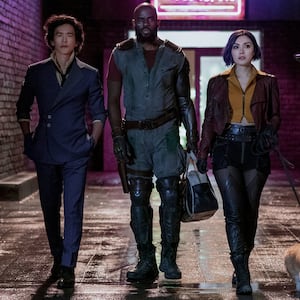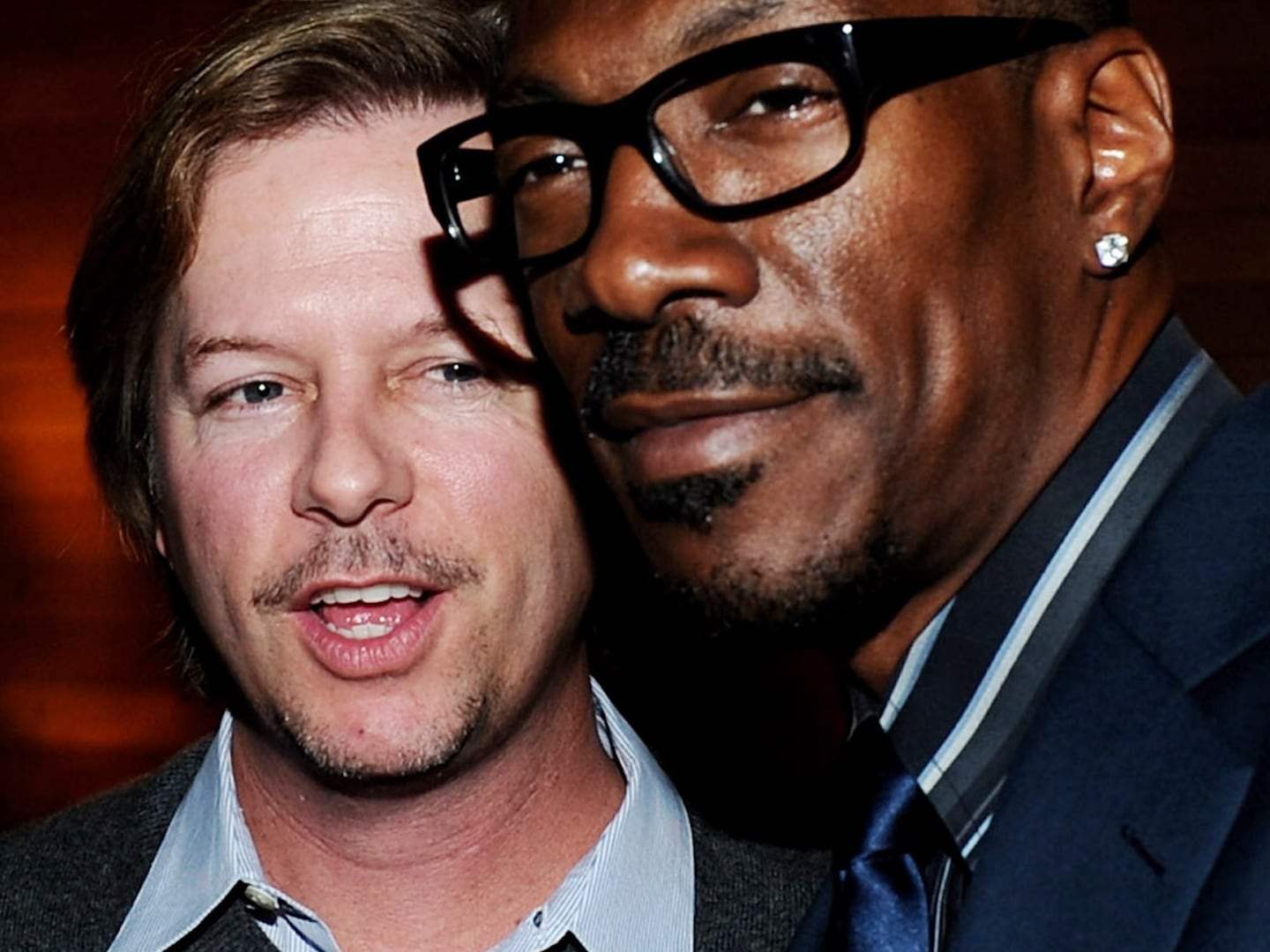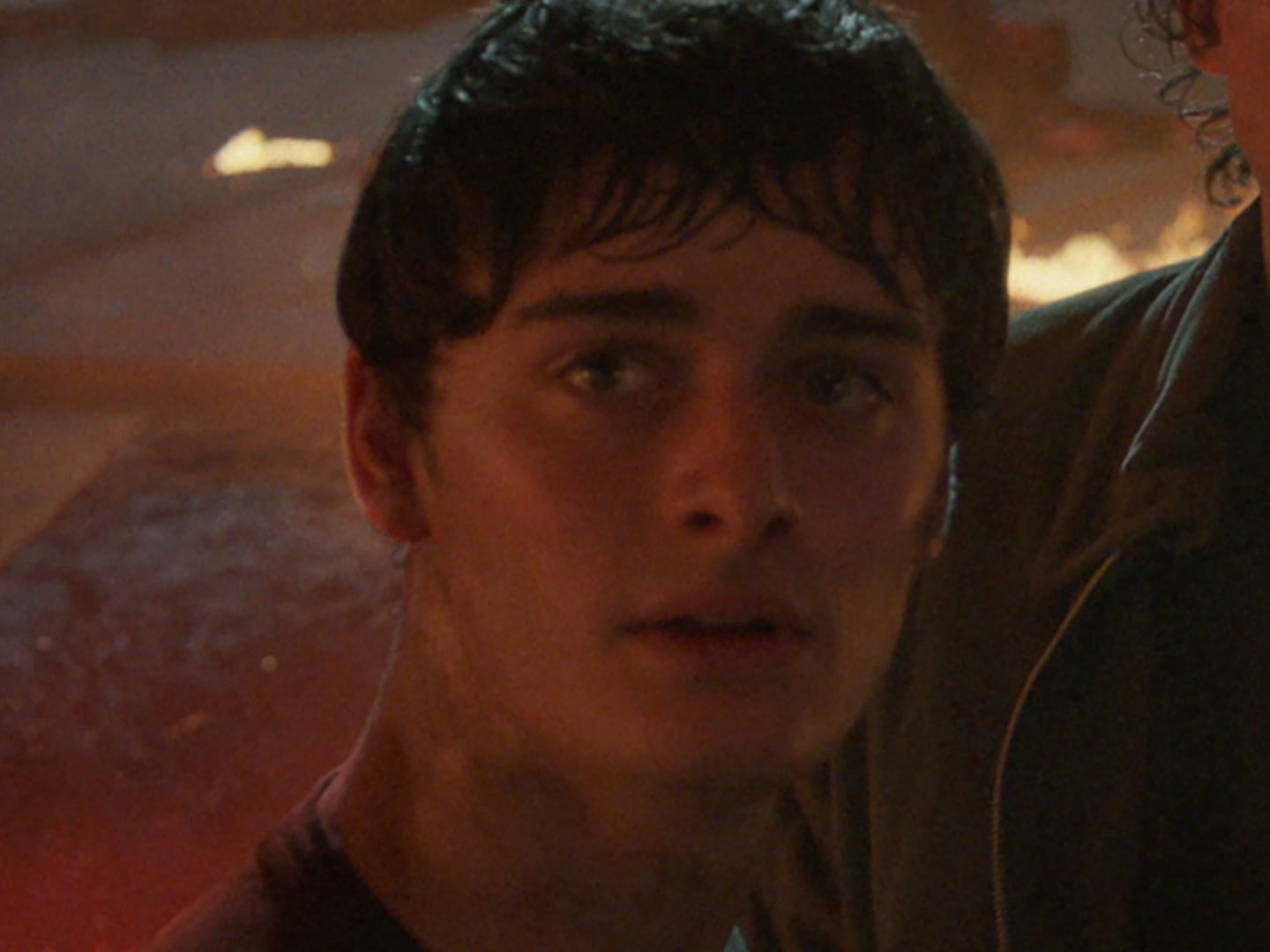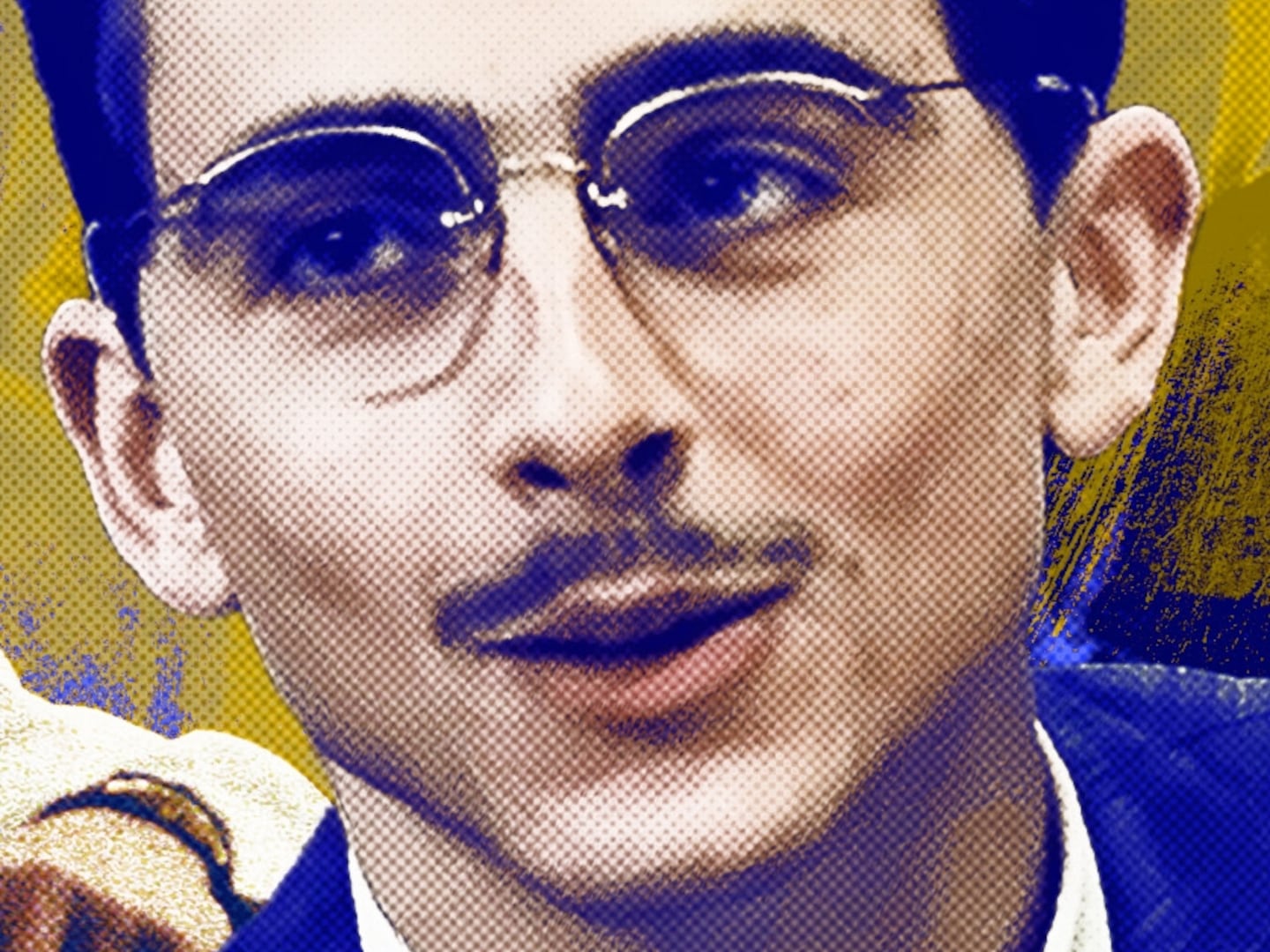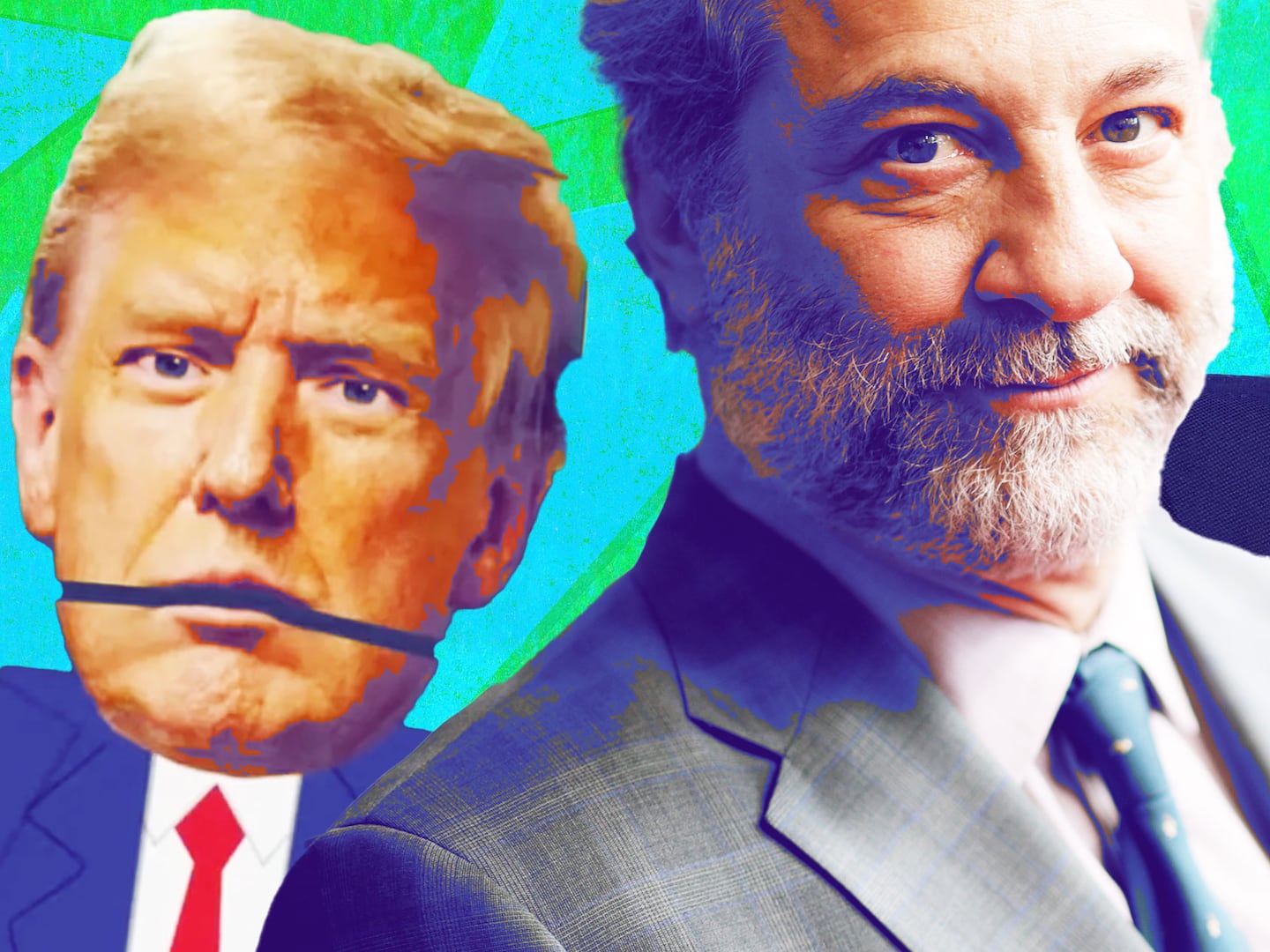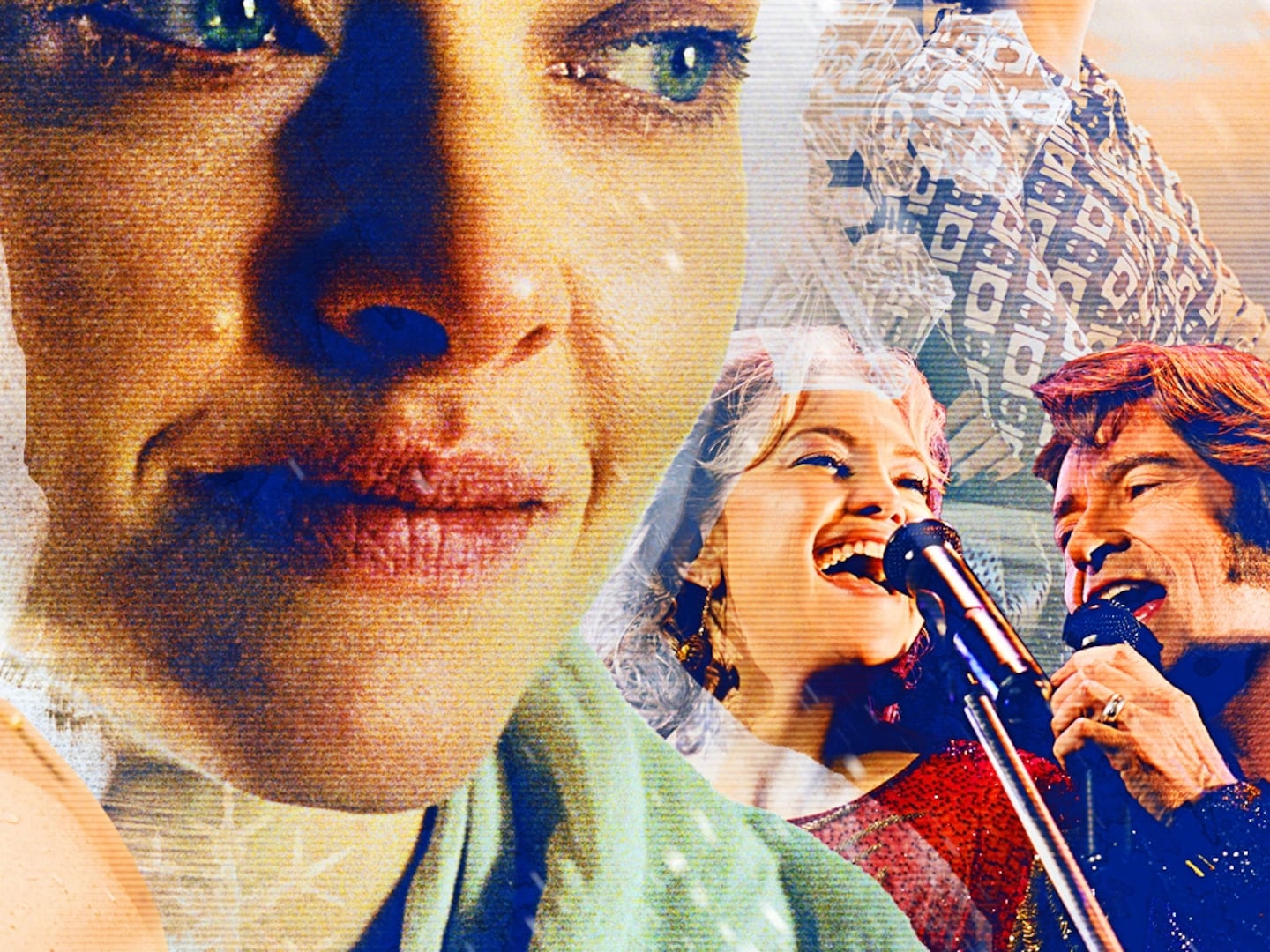What if I told you that there was an anime and manga franchise which, in Japan, was so beloved it had its own theme park? And its own chain of stores? And that internationally, the manga has sold over 516 million copies? That number makes it not only the bestselling manga series of all time, but the bestselling comic book series of all time—breaking a Guinness World Record in the process.
Now, what if I told you that while this series has blown up in Japan since its 1997 debut, it essentially flew right over Western anime fandoms for two decades? American millennials fondly remember growing up watching Pokémon, Sailor Moon, Dragon Ball Z, or Naruto. Very few, however, were watching One Piece.
However, that conspicuous absence in the mainstream spotlight might be about to change. On Aug. 31, Netflix will debut its live-action adaptation of One Piece. Netflix’s poor history with anime adaptations aside, landing One Piece is a big deal. One Piece’s mangaka (author), Eiichiro Oda, sees the live-action Netflix series as his last chance to make One Piece catch on in the West in the same way as it has internationally.
But just what is One Piece—and how is it that such a huge phenomenon passed us by?
What even is One Piece?
One Piece’s “bona fide phenomenon” status didn’t happen overnight—it’s had two-and-a-half decades to simmer. Oda started the manga in 1997, and Toei Animation’s anime adaptation followed in 1999. Ever since, both have debuted new installments almost every single week. In 26 years, Oda has only ever taken three full-month periods off from working on the series. One was to recover from eye surgery.
Those 26-plus years have served to cover one single, epic story. Both the anime and manga are approaching their 1100th entries. One Piece’s length has become the main excuse for the curious to not take the dive. Which—I get it, I was there, too. But once you have cannonballed into the deep end, the length is justified by the story’s character-rich, wide-ranging scope.

Iñaki Godoy as Monkey D. Luffy.
NetflixAt its simplest, One Piece is the tale of Monkey D. Luffy, a teenager on his quest to become King of the Pirates. To do so, he must find the titular One Piece, a legendary treasure teased by a prominent pirate moments before his naval execution. (One Piece names are in Japanese order—family name first, given name last.)
The resultant “Great Pirate Era” is made even spicier by the existence of one-of-a-kind Devil Fruits, which bestow powers when eaten, in exchange for the ability to swim. Luffy ate a Fruit which turned his body into rubber. Oda picked that effect specifically because a rubber body sounded ridiculous.
Luffy sails from island to island assembling a crew, making allies, and toppling local asshole monarchs (or monarch-wannabes). The Straw Hat Crew includes such figures as Franky, a cyborg shipwright who likes cola and shouts “SUUUPERRRRRR;” and Tony Tony Chopper, a reindeer who ate the Human-Human Fruit, became a doctor, and is voiced by the same woman as Pikachu.
But that’s a myopic view of what the series has to offer. You could also say that One Piece is about the struggle to find freedom from corrupt, fascist-leaning government systems. There is a very palpable trend of poor and working classes rising up against wealthy, powerful elites who are so far up their own asses, they don’t see the masses as human beings. Not at all unrelatedly, the series also touches on racism and slavery.
As characters are pitted against these systems, One Piece delivers meaningful, tearjerker stories which empathetically depict trauma. Yet the beauty of One Piece is that, somehow, it manages to never take itself fully seriously. This is a world where phones are living snails. The Devil Fruit powers are often so ridiculous, one guy can simply turn himself into a jacket. One Piece has a wonderful ability to be both poignant and a lot of fun.

Colton Osorio as Young Luffy and Peter Gadiot as Shanks.
NetflixSo how big of a deal is this show?
Remember when I said One Piece is the bestselling comic book series of all time? It’s not an exaggeration to say that, in Japan, Monkey D. Luffy is as easily recognizable as Mickey Mouse.
There are 15 feature films and 56 video games based on the series, and counting. The most recent film, 2022’s One Piece Film: Red, had the third-biggest opening weekend in Japanese box office history. It currently sits between Princess Mononoke and Howl’s Moving Castle as Japan’s eighth highest-grossing film of all time.
Other than Pokémon, One Piece is the only franchise (not “studio,” like Nintendo or Disney) to have its own chain of dedicated merchandise stores in Japan. Until COVID-19 struck, there was a multi-level theme park inside the famous Tokyo Tower. Universal Studios Japan stages a One Piece stunt show in the summers, with an all-new story and all-new stunt choreography every year. Bronze statues of the 10 Straw Hat pirates are spread throughout Kumamoto prefecture (a token of thanks for Oda donating to disaster relief). One Piece on Ice debuted this summer.
It’s not just Japan, either. In Seoul, South Korea, there’s Cafe De One Piece—a restaurant shaped like the Straw Hat Pirates’ ship.

Colton Osorio and Peter Gadiot.
NetflixHow did the rest of us miss it before?
However, for a long time in the West, One Piece didn’t catch on. The blame probably lies with 4Kids Entertainment, the licensing studio which was also in charge of Pokémon. While its English-language take on Pokémon won swaths of fans, 4Kids’ dub and localization of One Piece were legendarily bad. The company’s creative edits only helped the story make no sense at all. One important, multi-episode plotline was cut out because a whale was changed into an iceberg, and Luffy destroyed it. 4Kids also retconned several series-defining character deaths, offering instead that the dearly departed were lingering somewhere in a dungeon, or that they bullied out of their biggest passion and peaced out.
In 2013, a certain popular streamer called Netflix got the rights to a new anime called Attack on Titan, which went on to become a huge hit. The platform also offered quintessential series like Death Note and Samurai Champloo, before going on to stream popular shows like My Hero Academia and Demon Slayer. Netflix even debuted its own original anime, Knights of Sidonia, the following year. Hulu, too, started to add more anime to its library around the same time, while anime-only streamers like Crunchyroll and Funimation, both of which started in the mid-2000s, slowly began to gain mainstream traction.

Jeff Ward as Buggy The Clown.
NetflixAttack on Titan in particular became a sensation, right as it was suddenly easier than ever before for anyone to go down the anime rabbit hole. Within the next decade, anime in the West rocketed from a counterculture niche to a mainstream obsession. The more people get into anime, the more series come out of the woodwork. When anyone pokes around enough, they stumble into One Piece—which feels like digging for pebbles and finding an SUV. Not incidentally, One Piece was the most-searched anime in 25 states in 2022.
What makes One Piece so freaking good?
Regardless of how and when you find it, One Piece inspires a particularly deep devotion from its fans. We’re like a friendly cult. No matter where you are on the globe, you can make new friends simply by having a One Piece keychain or phone background. When One Piece clicks for you, it clicks, and you’re in.
There’s any number of reasons why it could click, too. One Piece is so expansive that it truly has something for everyone. Unlike a lot of shounen (or male-centric) series from the ’90s, the female characters do stuff and are badasses. The fanbase for One Piece is nearly a 50-50 split between male and female. I’ve met fans as young as 4 and as old as 70.
Just as important is that the characters feel like your friends. Fans establish particularly deep connections with their favorite characters. I have known people, on both sides of the Pacific, who have gotten ear piercings to be like the swordsman Zoro, or have grown a mustache to be like the (former) King of the Pirates Gol D. Roger. I, for one, bought my first bikini at the ripe age of 29 to be like the navigator, Nami. She finally showed me—an eternally awkward person—how to be in charge of my sexuality. It turns out you can be a babe and a Girl Boss!

Emily Rudd as Nami.
NetflixOne Piece has everything to quench your thirst for a good fight scene. You get all the epic one-on-one fights that the shounen genre is famous for, but often with a twist, thanks to the highly varied styles of fighting present in the series. Forget the fact that your strongest characters are a brawler made out of rubber, a badass swordsman, and a chef whose passion eventually powers his kicks with fire. One Straw Hat, Nico Robin, is able to create a giant arm and perform a move called “Spank” where she straight-up slaps somebody. They always deserve it.
The fights are rounded out by an absolutely ridiculous, delightful sense of humor, which colors the entire series. The whole series is constructed around its characters being ridiculous, which often makes its humor character-based. The anime in particular is no stranger to absurdist gags. A recent viral thread on One Piece Twitter asked people to share what they find to be the funniest moment in the series, and I always think of Luffy’s reaction to seeing his first zombie.
But most importantly, One Piece looks squarely at the darkness of its weightier themes and still gives us reasons to believe that humans can be good to each other. Considering the real world, this has actively served as a source of comfort and hope for me.

(L-R) Jacob Romero Gibson, Mackenyu Arata, Emily Rudd, Iñaki Godoy, and Taz Skylar.
NetflixThe key to it all is Monkey D. Luffy. Luffy embodies all these strengths. He’s a giddy idiot. He’s fiercely empathetic. He doesn’t take shit from people. He loves meat very much. Luffy has won fan popularity contest after popularity contest. He’s hilarious, magnetic, and always a joy to behold. He’s the center around which One Piece can exist—which also places a lot of pressure on his live-action version.
Why should we be hyped for One Piece in live action?
If the last decade has taught us anything, it’s that if a cartoon is popular, someone’s going to sweep in and try to translate it to live action. Netflix seems downright giddy to give anime the Hollywood treatment; beyond One Piece, we’re awaiting takes on Pokémon and My Hero Academia. Unfortunately, Netflix’s live-action adaptation endeavors don’t have the best track record. Mention the platform’s iterations of Death Note or Cowboy Bebop to any anime fan, and you’ll receive a dejected sigh. At best.
But One Piece could be different. For one, Eiichiro Oda is serving as executive producer on the show and has been deeply involved with the adaptation since talks began. He even said in a note published to social media that Netflix promised its take on One Piece could not be released unless Oda personally gave it the go-ahead.
Beyond Oda, people throughout the production obviously care very deeply about One Piece. One of the showrunners, Matt Owens, said that One Piece “saved [his] life.” Two of the Straw Hat cast members—Emily Rudd and Mackenyu—were huge fans of the series before they were even cast. In particular, it’s clear just from clips that star Iñaki Godoy is Luffy. Plus, the CG rubber-skin stretching doesn’t look nearly as weird as I feared, based on early teasers.
Netflix announced its adaptation way back in 2017, and, as with so many series, the pandemic delayed the production—so we’ve been (very nervously) waiting to see how this will shake out for over six years. Will One Piece be Netflix’s first successful anime adaptation, winning over us fans and newcomers alike? We’ll all find out when it premieres on Aug. 31.


